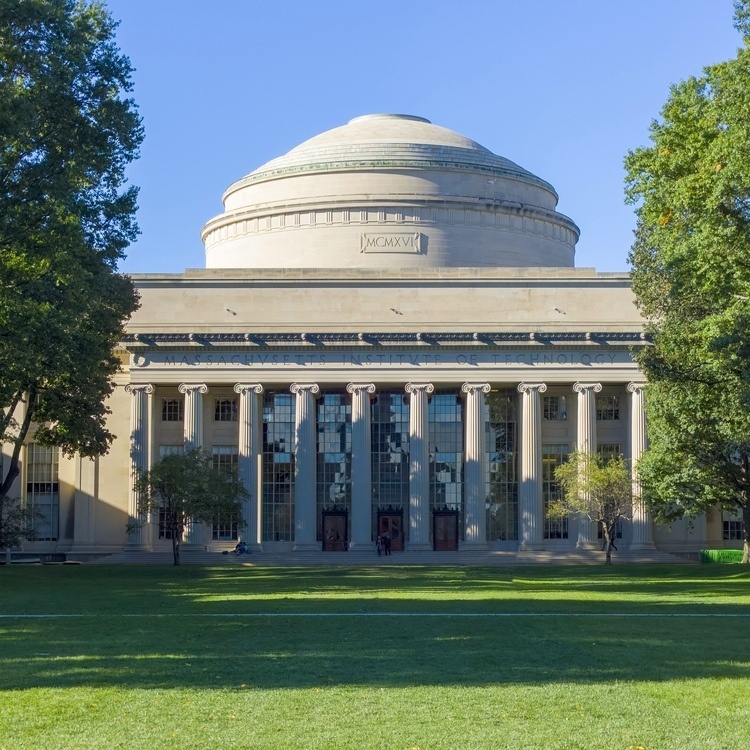
NeuroLunch: Margaret Schroeder (Feng Lab) & Lorenzo Bozzelli (Tsai Lab)
Description
Margaret Schroeder: A transcriptomic atlas of astrocyte regional heterogeneity across developmental stages in mouse and marmoset brains
Abstract: Astrocytes are an abundant class of glial cells with critical roles in neural circuit assembly and function. Recent single-cell and earlier bulk RNA sequencing studies have demonstrated significant transcriptomic heterogeneity among astrocytes, particularly across brain regions. However, the developmental trajectory of this heterogeneity and its conservation across species requires further systematic study. To this end, we used single-nucleus RNA sequencing to characterize the molecular diversity of brain cells across developmental stages (late embryonic, neonate, early and late adolescent, young adult, and late adult) and four brain regions (prefrontal cortex, motor cortex, thalamus, and striatum) in the mouse and marmoset brain. We made an effort to employ consistent dissection strategies, sample preparation protocols, and sequencing technology across groups to enable clean comparison of biological differences with reduced technical artifacts, which are extremely difficult to remove in silico. Our analysis of over 150,000 single astrocyte nuclei revealed striking regional heterogeneity among astrocytes, particularly between telencephalic and diencephalic regions, at all developmental time points surveyed in both species. Top differentially expressed genes between telencephalic and diencephalic astrocytes, many of which were conserved across species, implicated calcium signaling and glutamatergic synaptic transmission, suggesting that regional astrocytes may be molecularly specialized to support their local neuronal circuits. Though astrocytes were already regionally patterned in late embryonic stages, portions of this region-specific astrocyte gene expression signature changed over postnatal development: we found several genes which were regionally differentially expressed in newborns but not adolescents or adults, and vice-versa. More broadly, this cross-species, cross-development, cross-region molecular profile of brain cells using consistent experimental and computational methodology is a valuable resource for the field. We also demonstrate preliminary results of our efforts to characterize region-specific astrocyte morphology and protein localization using expansion microscopy. Using a viral delivery approach in Aldh1l1-Cre mice, we demonstrate ~18-fold expansion of GFP-labeled astrocytes, co-stained with vascular and synaptic markers to visualize astrocytic contacts with these structures. Furthermore, we started to characterize astrocyte morphology in marmosets and to our knowledge, have achieved the first viral-mediated brain-wide fluorescent labeling of astrocytes in the marmoset.
Lorenzo Bozzelli: Gamma sensory stimulation modifies the microbiome-gut-brain axis
Abstract: “Non-invasive gamma sensory stimulation has shown promise in the treatment of neurodegeneration. Importantly, recent advances in our understanding of disease pathogenesis have implicated disruptions in the microbiome-gut-brain (MGB) axis in driving neurodegeneration, highlighting the need for therapies that target axis dysfunction. Here, we investigated the role of 40 Hz non-invasive sensory stimulation in modifying the MGB axis in very old mice, given that age is the primary risk factor for most neurodegenerative diseases. Long-term 40 Hz sensory stimulation reduced levels of intestinal macrophages and endogenous alpha-synuclein. Single nucleus RNA sequencing was then conducted to determine transcriptional changes in the intestine following sensory stimulation. Gene set enrichment analysis found that fat digestion and absorption were increased in the enterocyte subcluster, and that alpha linolenic acid was increased in intestinal stem cells. Given the changes in the intestinal environment, we then assessed fecal microbial and metabolite composition. We found that 40 Hz increased the proportion of several bacterial strains, and also increased levels of branched-chain fatty acids (BCFAs). We then sought to examine the insular cortex and dorsal motor nucleus of vagus nerve (DMX) as brain regions involved in the MGB axis. We found that 40 Hz reduced insular microgliosis, while promoting insular neuronal activity and integrity. 40 Hz also prominently entrained the brainstem’s DMX region, increased choline acetyltransferase-positive (ChAT+) neuron numbers, and increased expression of both ChAT and vasoactive intestinal peptide (VIP), suggesting an increase in cholinergic and VIPergic tone. Together, these results identify the usefulness of 40 Hz sensory stimulation in treating MGB axis dysfunction in the context of aging and neurodegeneration.”

